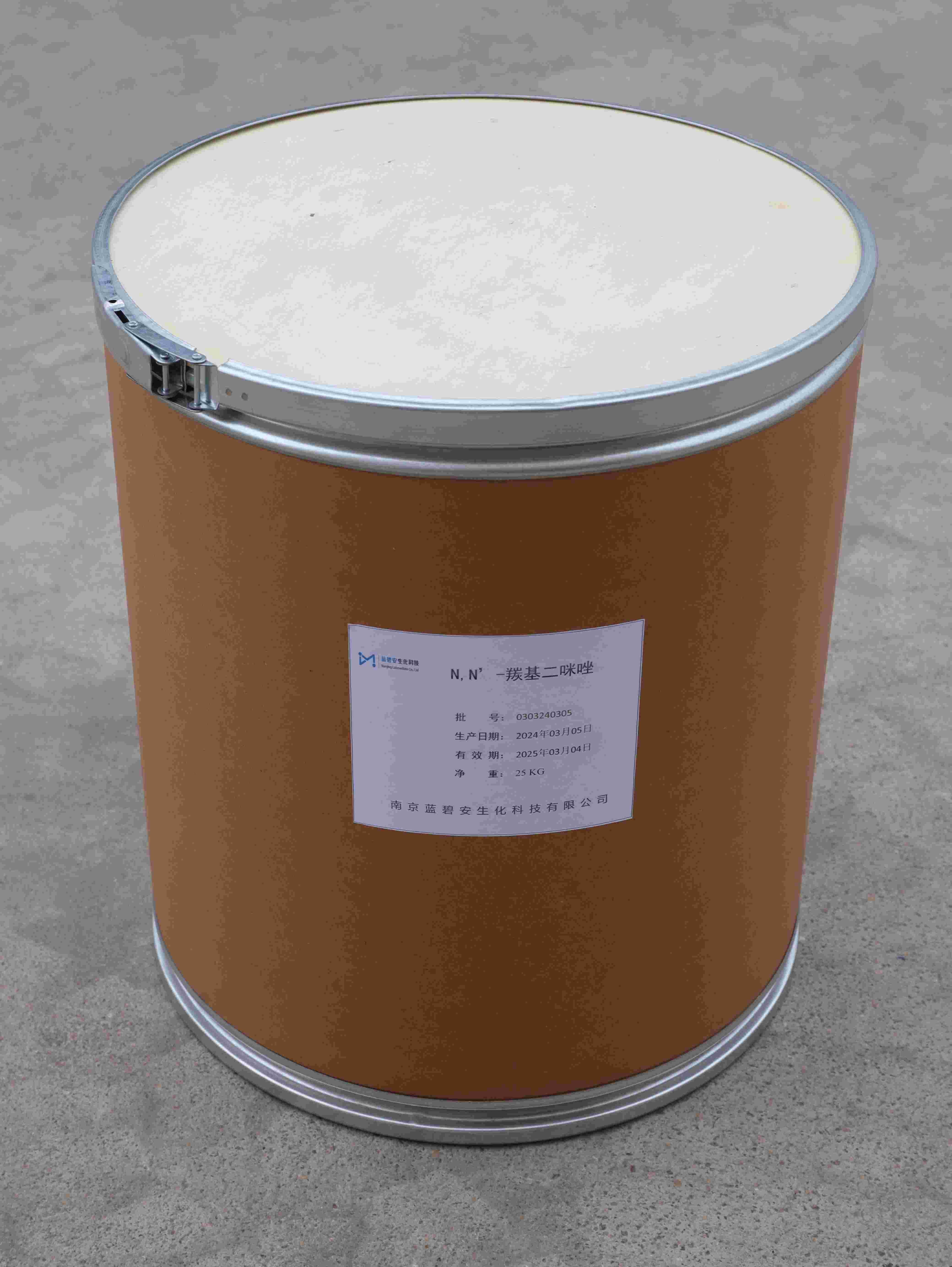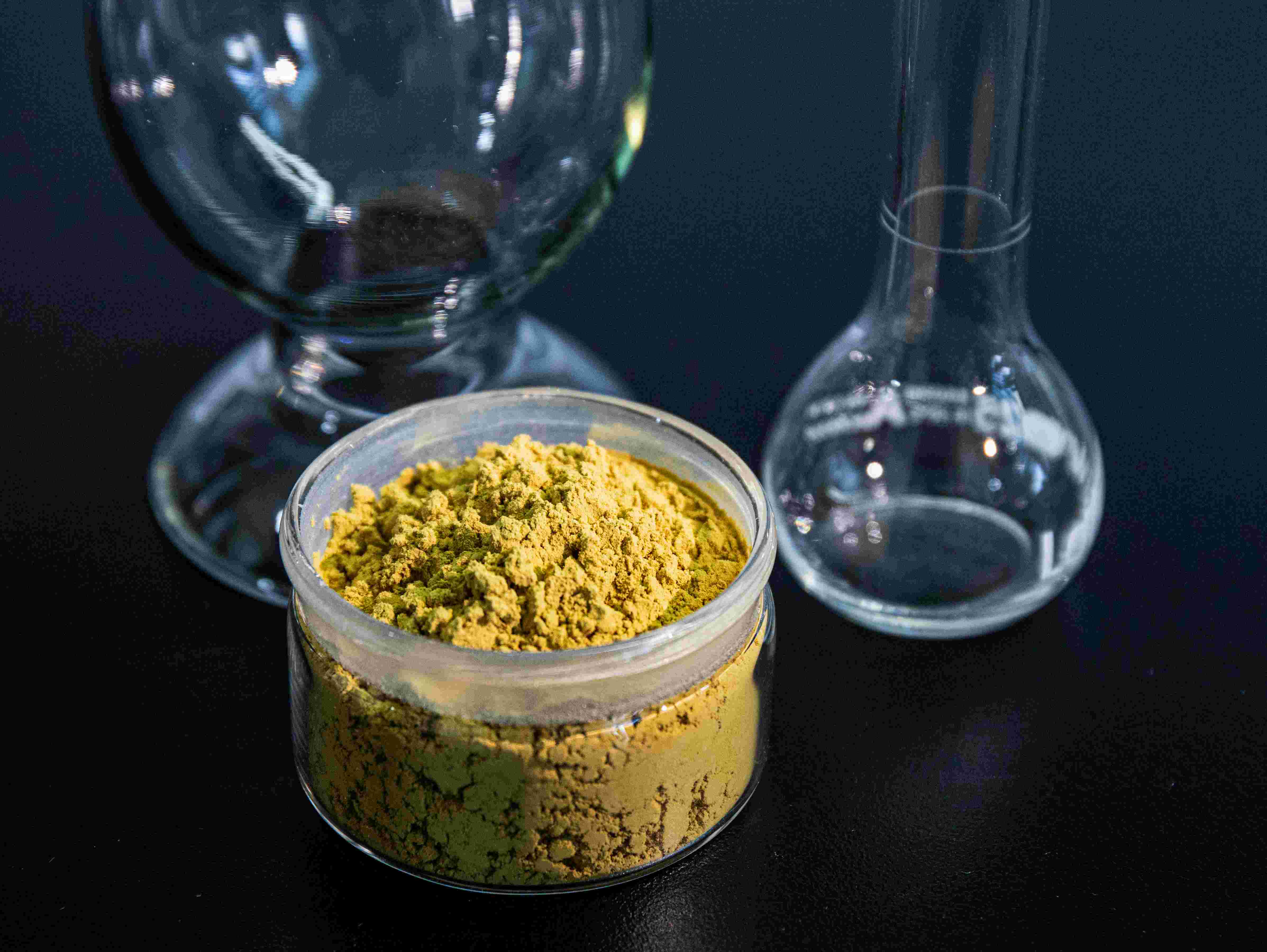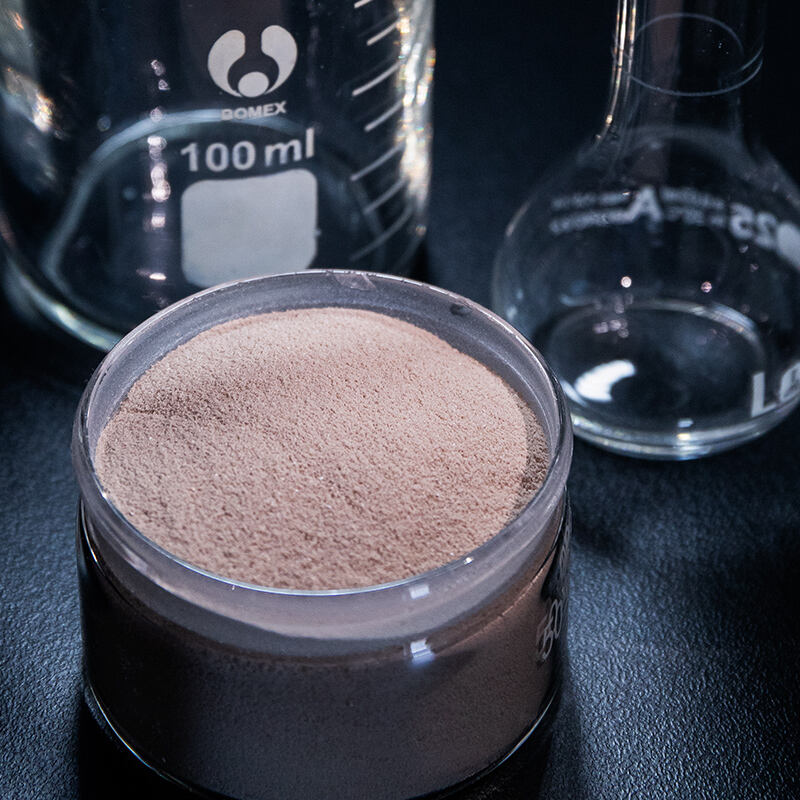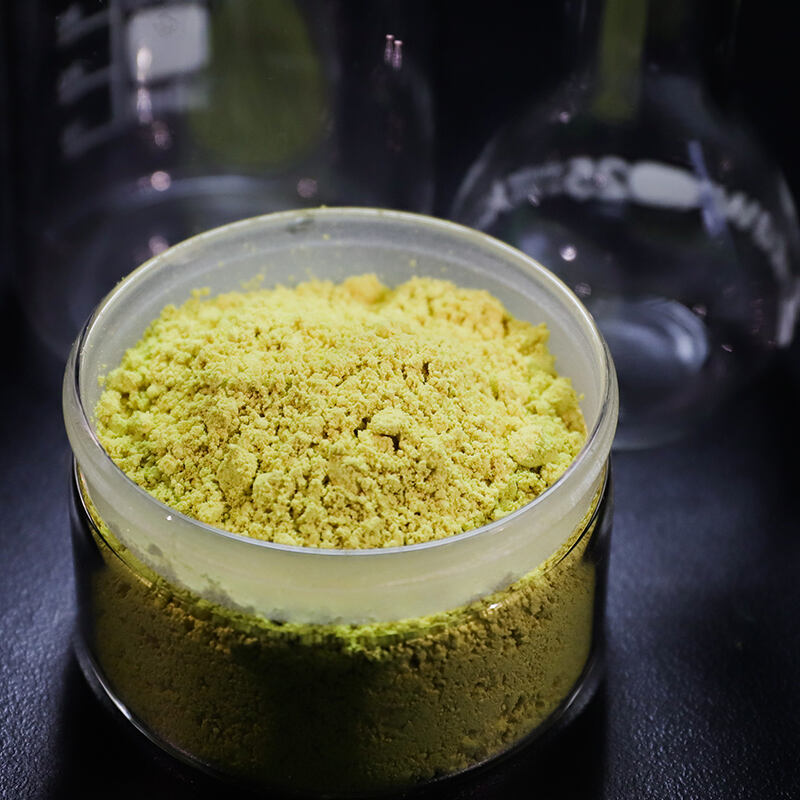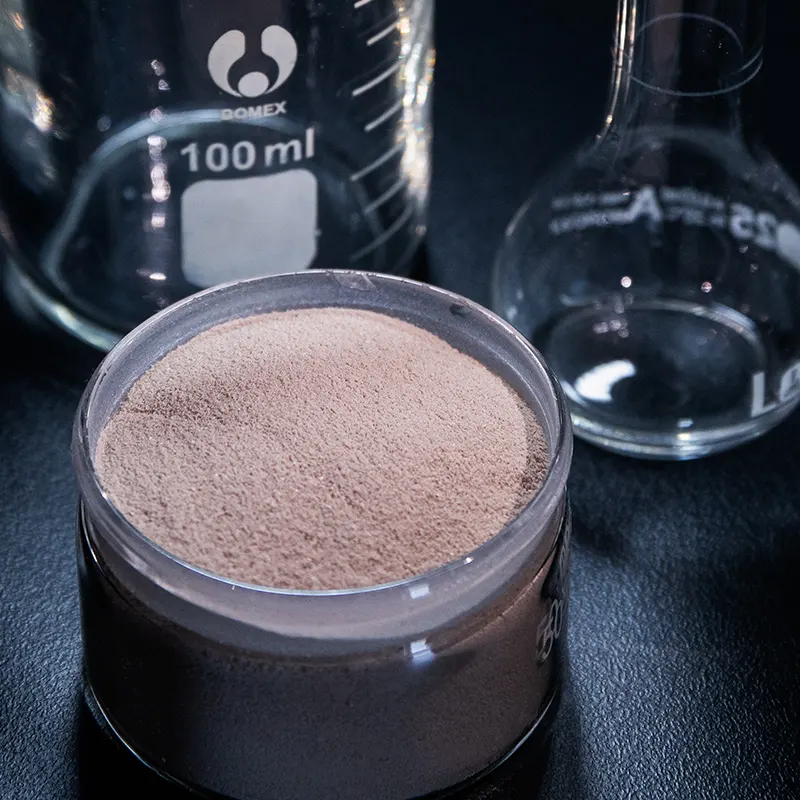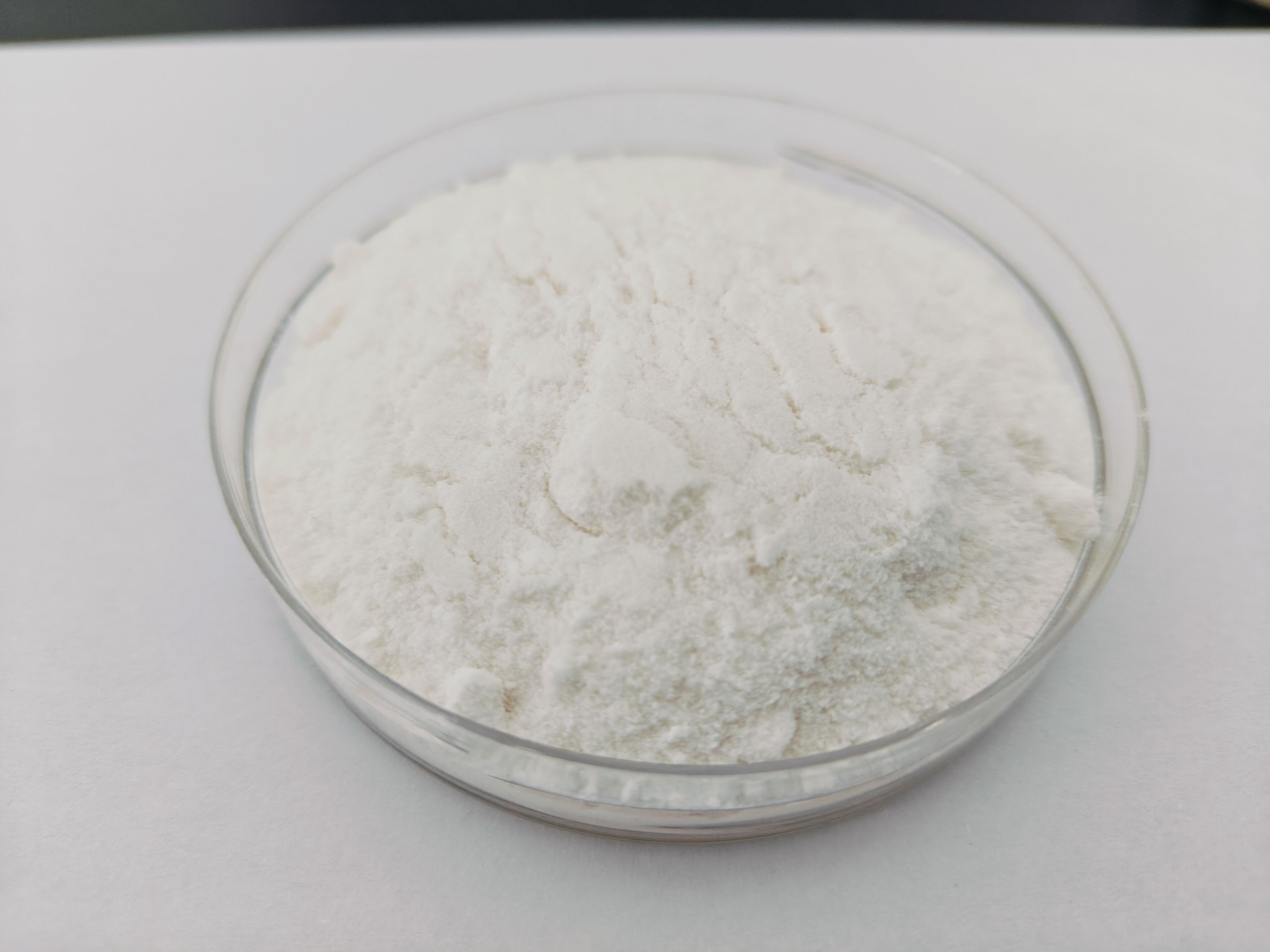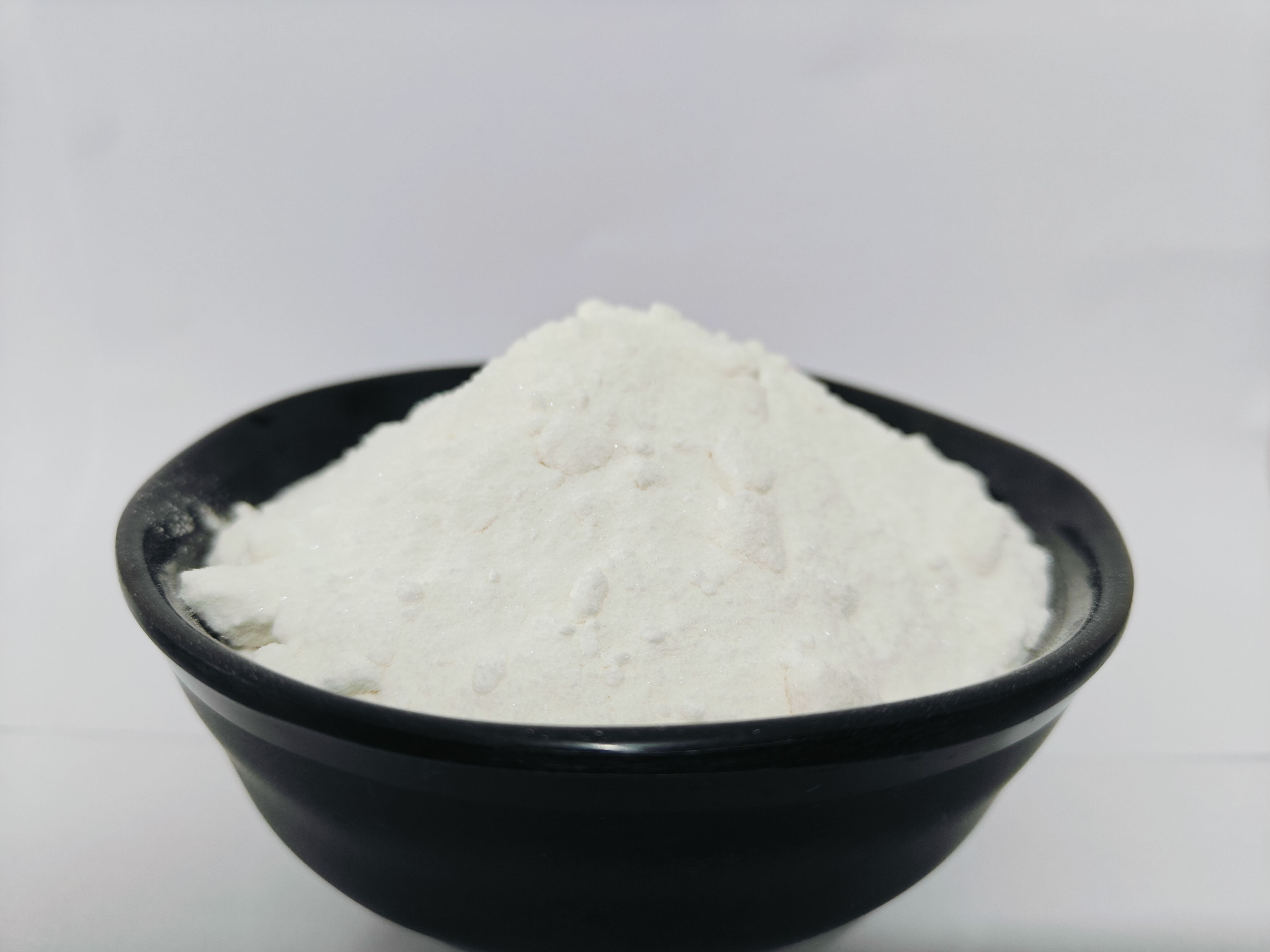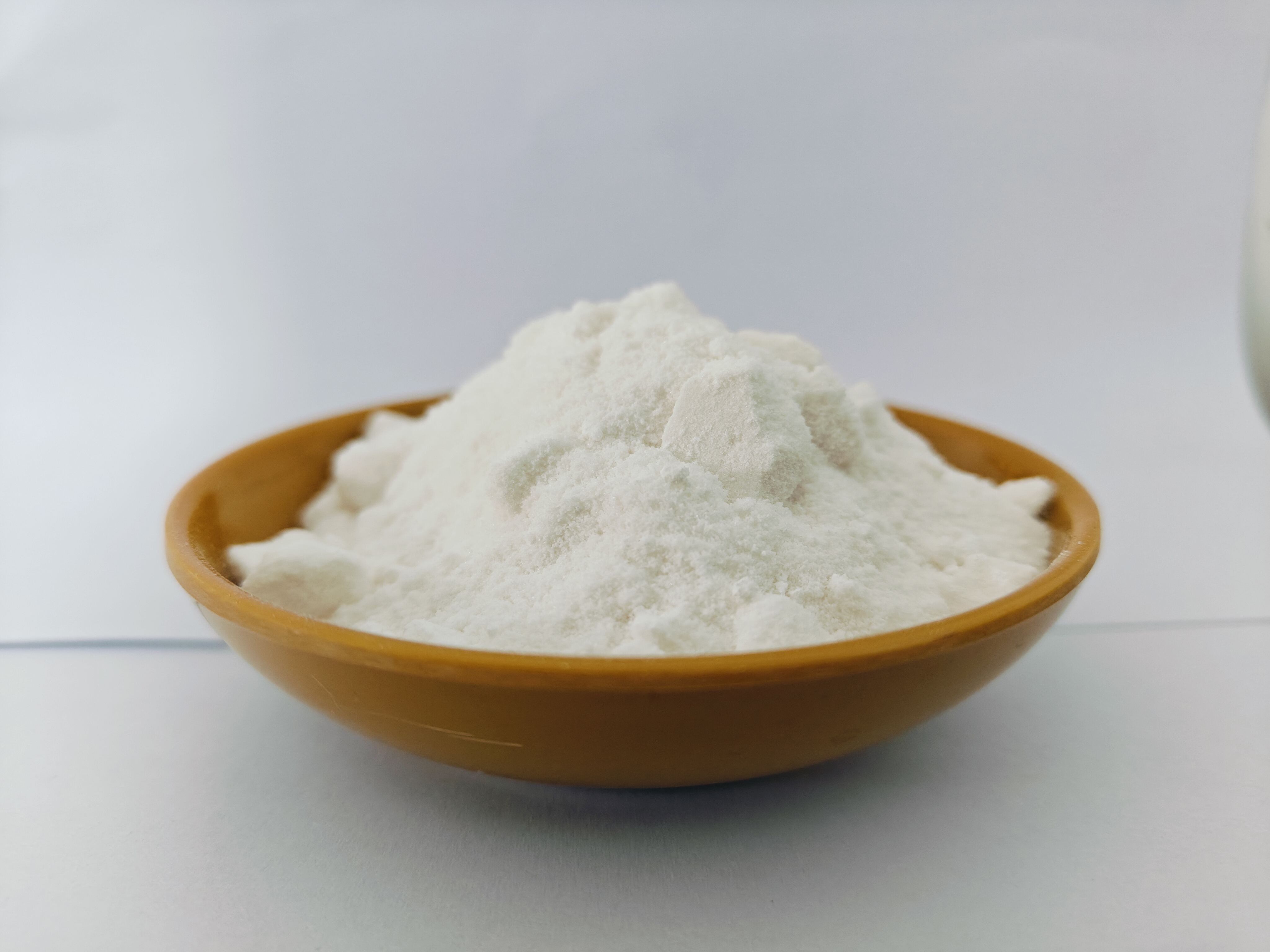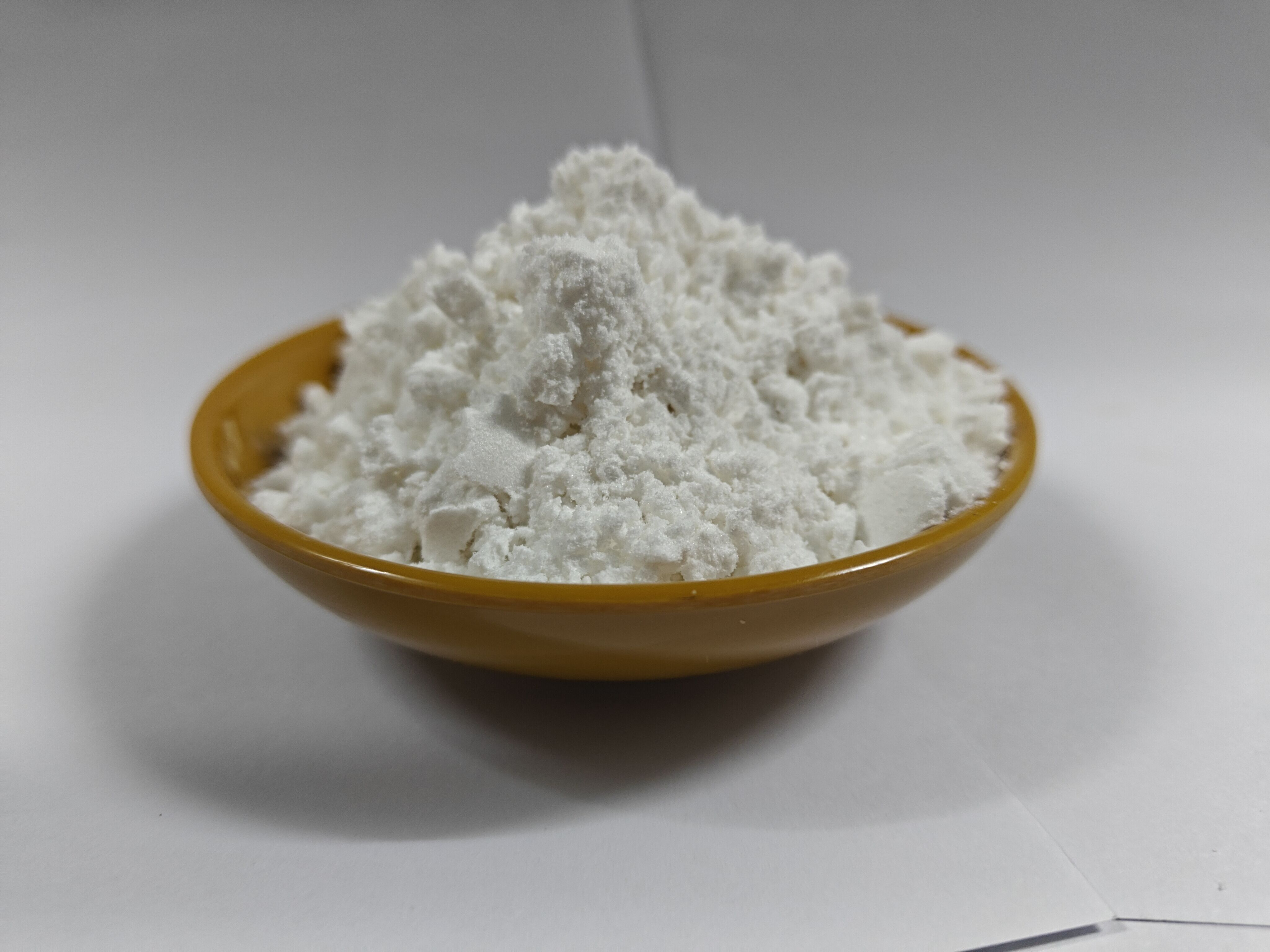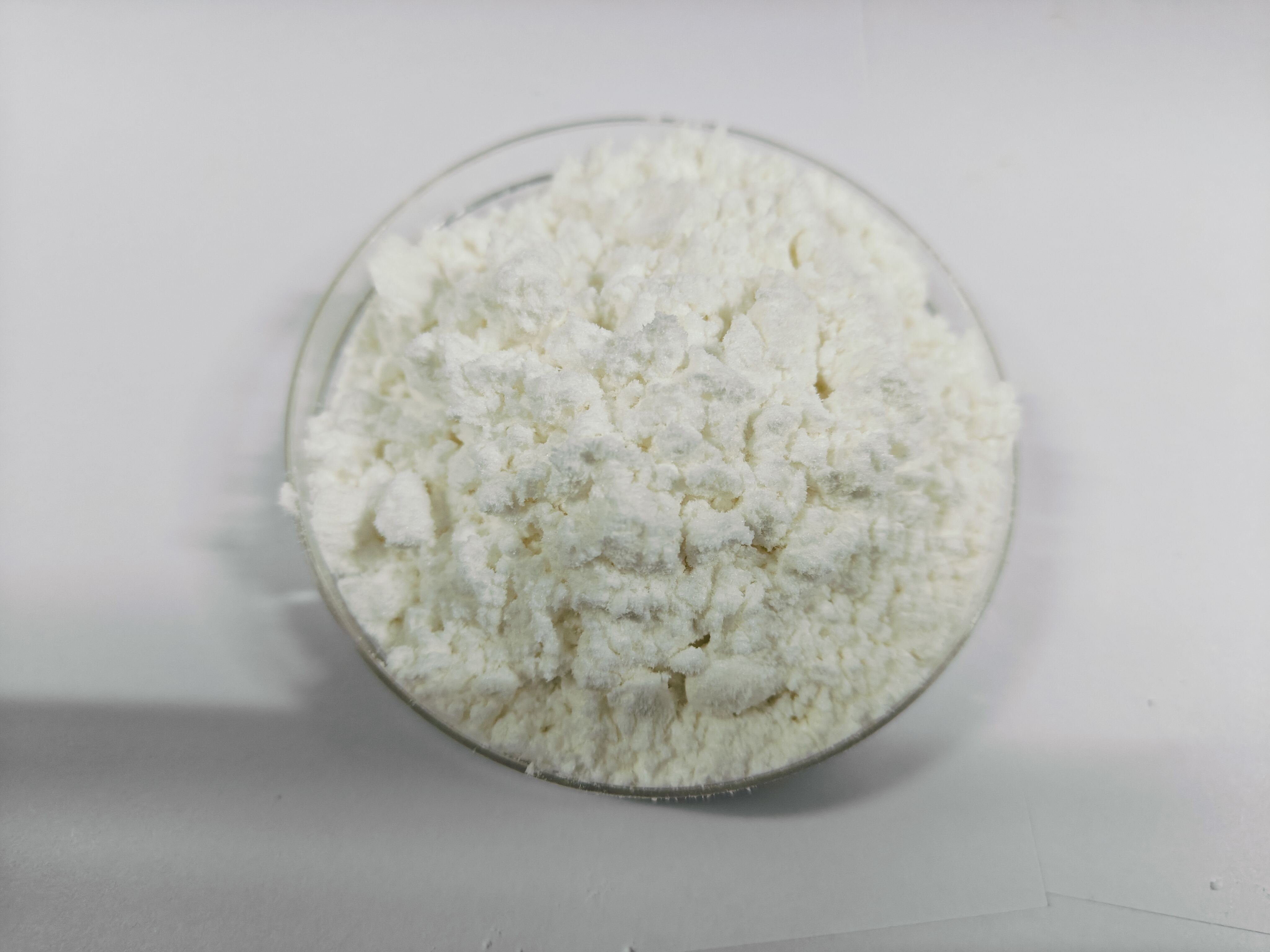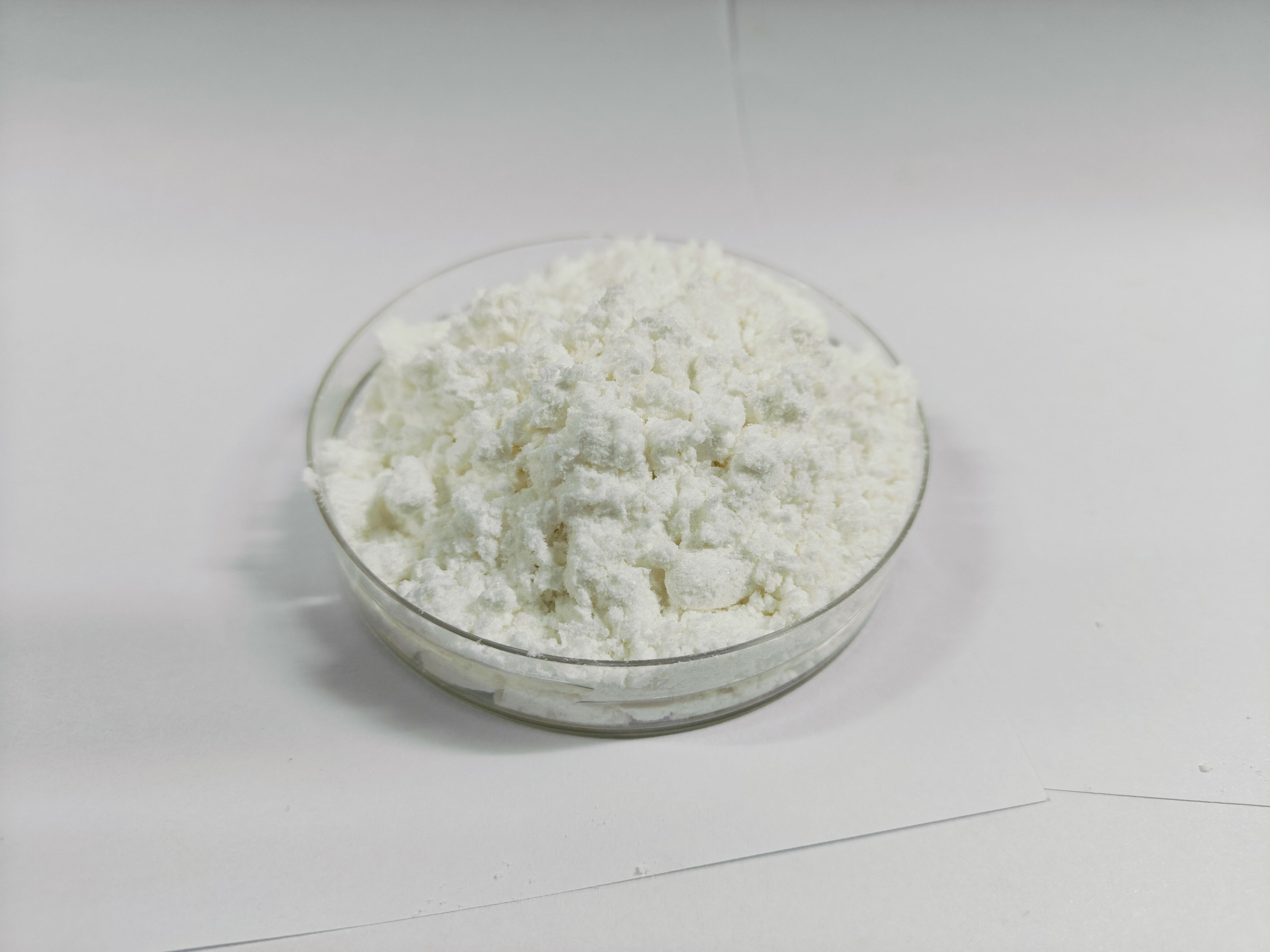1 1 carbonyldiimidazole cdi
ang 1,1 Carbonyldiimidazole (CDI) ay isang maaaring kumikita na kagawaran na pangkimika na madalas na ginagamit sa sintesis ng organiko at paggawa ng farmaseutikal. Ang ito'y puting kristalinong solid na naglilingkod bilang epektibong agente ng pagsasaalang-alang para sa pagsisilbi ng amides, esters, at iba pang mga kumpoungh may karbonil. Naglalaman ang anyo molekular nito ng dalawang imidazole rings na konektado ng isang grupo ng carbonyl, nagiging sanhi ito ng mataas na reaksyon at piliin sa iba't ibang mga transformasyon ng kimika. Gumagana ang CDI sa pamamagitan ng pag-aktibo sa carboxylic acids sa pamamagitan ng pagsisimula ng reaktibong mga tagapagtanghal, pinapadali ang susunod na mga reaksiyon kasama ang mga nucleophiles tulad ng amines o alcohols. Nagmula sa kamatayan ng reagent ang popularidad nito dahil sa kakayahan nitong makapag-anak ng mataas na bunga sa iligtas na kondisyon habang nagbubuo ng katiwalaan na produktong pangganyan. Sa mga aplikasyon ng farmaseutikal, lumalarawan ang CDI bilang pangunahing papel sa sintesis ng peptide at paggawa ng aktibong mga sangkap ng farmaseutikal. Kasama sa teknolohiya nito ang malaking katatagan kapag kinukuha nang maayos, konsistente na mga resulta ng reaksiyon, at kompatibilidad sa iba't ibang mga solvent. Umabot pa ang mga aplikasyon ng kumpound sa labas ng farmaseutikal patungo sa kimika ng polimero, kung saan ito sumusulong sa sintesis ng polyurethanes at iba pang espesyal na materiales.

